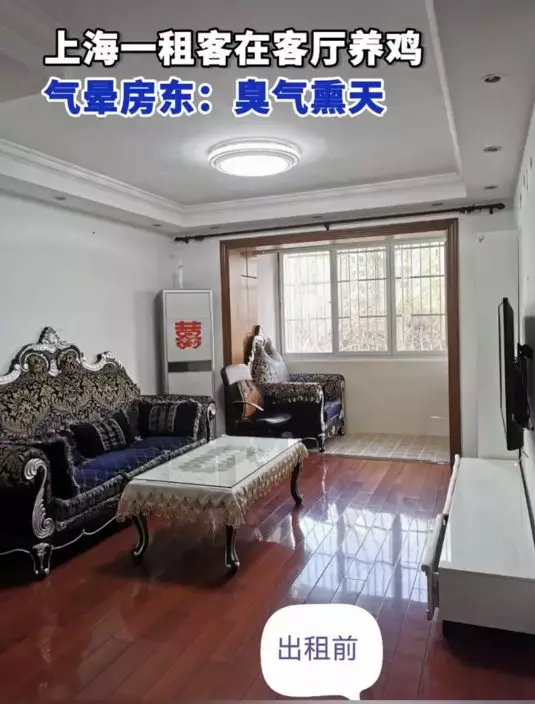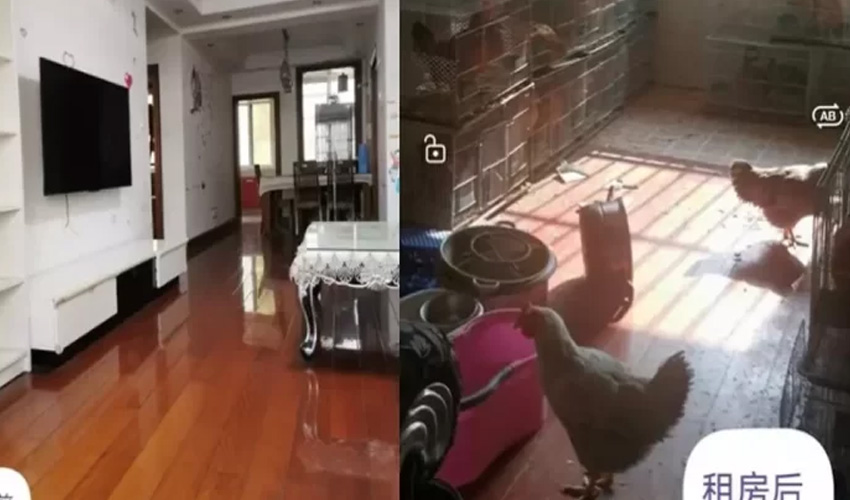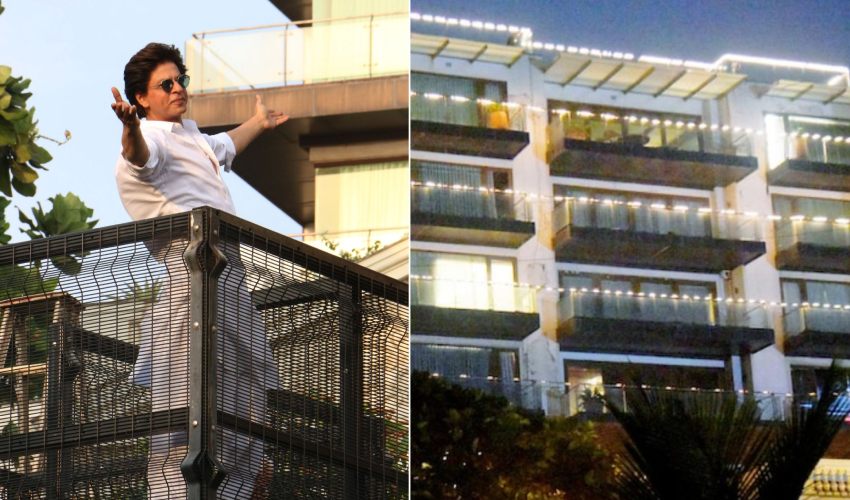A landlord in Shanghai was left stunned after discovering that the apartment he had rented out two years ago had been transformed into a makeshift chicken coop, leaving the property severely damaged beyond repair.
The man, whose identity remains undisclosed, had been renting the apartment to a tenant for a small monthly profit, content with receiving payments on time. However, recent complaints from neighbors regarding strange noises and a foul odor prompted him to visit the flat last month. What he discovered was nothing short of shocking — chickens had taken over the apartment, freely roaming and flying inside.
“It stinks,” the infuriated landlord told Dianshi News. “Both the floor and the walls are badly destroyed. The place needs a complete overhaul, or else no one will be able to live there.”
The landlord lamented that the rent he had been collecting over the two years had not come close to covering the extensive renovations now required to restore the apartment. As he grapples with the situation, he has turned to online forums seeking advice on how best to proceed.

The unusual incident has drawn idespread attention and left many questioning the extent of tenant rights and responsibilities in China’s rental market. While there are legal protections for both landlords and tenants in the country, this case highlights the challenges property owners face when it comes to monitoring and ensuring that their rental properties are used appropriately.
Property experts suggest that landlords regularly inspect their properties to avoid unexpected scenarios like this, although such a measure is not always practical in long-term rental agreements. The outcome of this bizarre case remains to be seen, as the landlord is currently considering his legal options for compensation.
Meanwhile, the tenant’s whereabouts and actions have yet to be clarified, with reports indicating that they have not been in contact with the landlord since the discovery. The incident serves as a stark reminder of the need for clear rental agreements and frequent property checks to prevent unforeseen issues that could lead to significant financial losses.



























